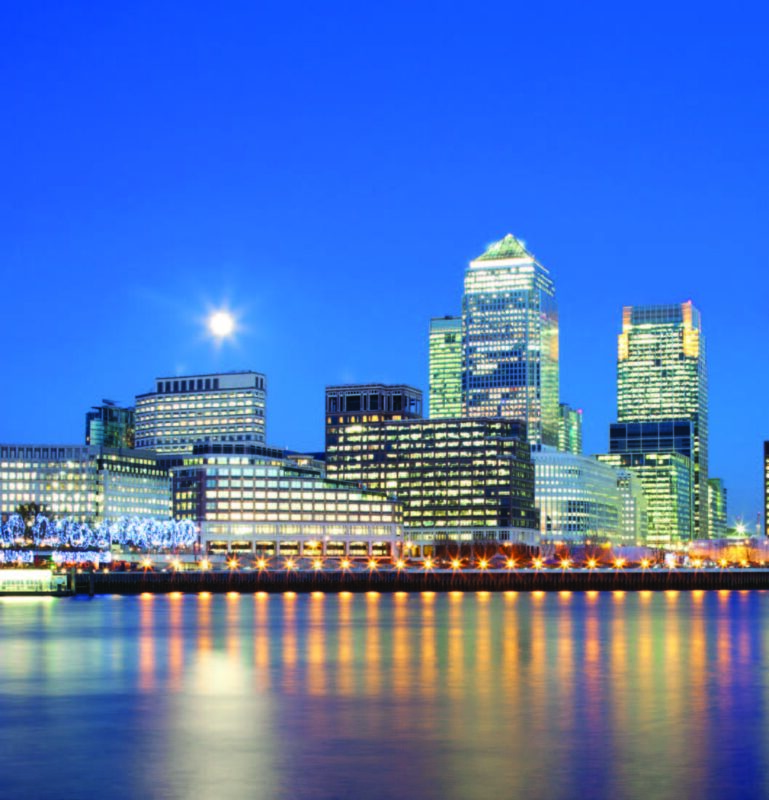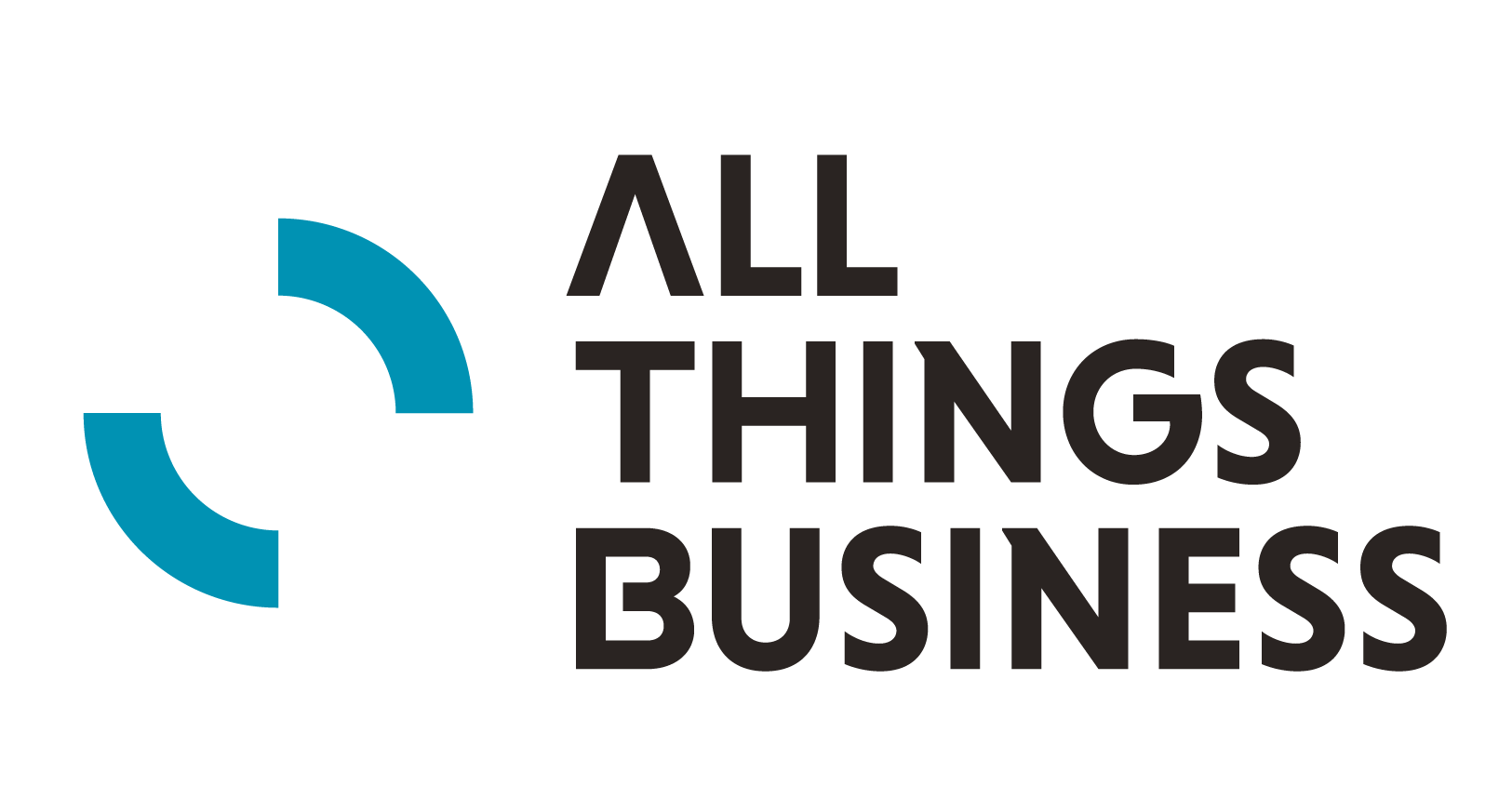A stark insight into the astronomical costs London businesses are experiencing as they endeavour to face into relentless economic headwinds, including inflation, rising interest rates and a tight labour market, has been provided by London Chamber of Commerce and Industry’s latest economic survey. The results of the Q4 2022 Capital 500, which seeks to gauge private sector performance and confidence levels among businesses of various sizes across the capital, suggests inflation remains the top concern for businesses. While 28% are now more concerned about business rates than they were three months ago, a further 39% identified that finance costs were putting pressure of them to raise prices, and more than half (52%) expect to raise the prices of their goods and/or services in the next three months. Businesses of all sizes are also facing acute pressure to raise wages as the cost-of-living crisis worsens. Nearly half (47%) of micro firms said the pressure to increase wages had grown, while four-fifths (79%) of businesses with 10 or more employees said there was pressure to increase salaries. Consequently, just under half (48%) of London firms of all sizes say they are under pressure to raise their prices as a result of increased labour costs. Cost increases were also felt keenly elsewhere. 79% of businesses said their energy costs had risen in Q4, while seven in ten (70%) said their fuel costs had increased during the same period. Borrowing costs climbed further in Q4, with two in five (43%) reporting an increase in the past three months.
Perhaps unsurprisingly, the outlook for 2023 shows more than half of London’s firms predicting that the capital’s economy will worsen this year. A majority of both micro (52%) and larger (54%) companies think London’s economy will decline over the next 12 months, although there was a clear geographical divide between outer and inner London firms. Nearly three-in-five (57%) outer London businesses were pessimistic about the capital’s economic prospects, which was a higher proportion than their inner London counterparts (48%).
Richard Burge, Chief Executive of London Chamber of Commerce and Industry (LCCI), said:
“Businesses continue to operate at a perilous time for the UK economy and are making every effort to overcome the challenges thrown their way. Time and again London businesses demonstrate their resilience when faced with adversity and they will be crucial to driving an eventual economic recovery, but it would be naïve to say they are not in need of support.
“London’s economic recovery is dependent on the government delivering favourable conditions for growth, macroeconomic stability and shared prosperity in the longer-term. We urge the government to meaningfully engage with the business community to ensure the ambition to build a better future for Britain is realised.”

Despite the torrid economic climate, the intent to recruit remained strong among businesses but firms struggled with the process:
- In the final three months of 2022, recruitment activity continued its steady rise with a quarter (24%) of firms having sought to hire – a new Capital 500 record.
- Around two-fifths (43%) of London firms who were looking to recruit were trying to fill current gaps in their workforce, while close to three in ten (28%) were trying to fill new roles.
- However, in another new record for the Capital 500 the vast majority of London businesses who tried to recruit in Q4 had difficulties doing so (71%). Specifically, business reported it was more difficult to recruit for professional or managerial roles than for unskilled or semi-skilled or clerical roles.
There was a small but surprising uptick in business confidence:
- Despite the external headwinds such as the cost of doing business crisis, a looming recession, and the continued war in Ukraine, the net balance for turnover expectations nudged up from 8 to 10, with 37% anticipating an increase in turnover in the next 12 months.
- Firms were marginally more upbeat about their own prospects in Q4, with a quarter (25%) of businesses expecting their company outlook to improve over the next 12 months.
- The timing of the most recent survey is significant as the fieldwork was carried out immediately after Liz Truss’ resignation as Prime Minister on October 20 but prior to the Autumn Statement on November 17 and the subsequent announcement of significant industrial action in the run up to Christmas.
James Watkins, Head of Policy and Public Impact at London Chamber of Commerce and Industry, said:
“Key challenges facing London firms, such as the continued cost of doing business and living crises, the seemingly unending industrial action, and the effects of Russia’s war in Ukraine, have not gone away. LCCI’s mission is to be the voice of London’s businesses, from sole traders and micro companies to the multi-nationals, and we will endeavour to continue this work in 2023.
“London remains the UK’s engine, and it is the capital’s businesses that drive that economic growth. London’s businesses have time and again shown their resilience and determination to weather storms, and LCCI stands ready to continue supporting the capital’s firms as they look to recover from the pandemic and thrive.”
Read the full report at www.londonchamber.co.uk/LCCI/ media/media/QES-Q4-2022.pdf

